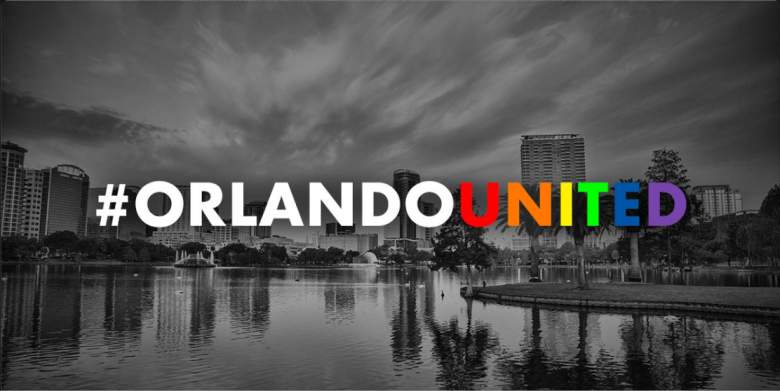

Nervousness
Fear is not your enemy. Fear, or nervousness, is usually the initial emotion that signals a problem to be solved. That energy you feel when you are afraid is meant help give you the energy you need to protect yourself.
When fear is out of proportion to the perceived threat, it is a learned response. Not only is your body responding to the external threat, but what you have learned in previous situations is also being remembered, even if it is only on a subconscious level. You will need to figure out the origin of all the stimuli in order to understand how to respond (we sometimes need help with this), but first you may need to simply reduce the level of anxiety.
One good way to do that is through self talk and deep breathing. If you can speak to yourself in a reassuring way, like you would a small child, you can calm yourself. Taking 10 deep breaths, slowly letting the breaths out to a count of 6, will also help calm you. Once you are calmer, you will be able to solve the problem.
Ever wonder where those butterflies in you stomach come from? Here is a video that explains what happens physiologically, and how to use your nervous energy in a positive way.
It All Matters
In our busy lives we can lose touch of what is important as we focus on the immediate. I love this section from a book my sister is reading. It should be read slowly.
“It all matters. That someone turns out the lamp, picks up the wind blown wrapper, says hello to the invalid, pays at the unattended lot, listens to the repeated tale, folds the abandoned laundry, plays the game fairly, tells the story honestly, acknowledges help, gives credit, says good night, resists temptation, wipes the counter, waits at the yellow, makes the bed, tips the maid, remembers the illness, congratulates that victor, accepts the consequences, takes a stand, steps up, offers a hand, goes first, goes last, chooses the small portion, teaches the child, tends to the dying, comforts the grieving, removes the splinter, wipes the tear, directs the lost, touches the lonely, is the whole thing. What is most beautiful, is least acknowledged. What is worth dying for, is barely noticed.”
“We say ‘thank you very much’ and ‘I so appreciate what you have done’ to people who fill our grocery bags, to people who offer us a ride across town. What are the words to say to someone who gave you back your life, who believed that you still had a soul, who acknowledged how bad it is possible to feel? Shouldn’t there be another language for this? Different words altogether?”
This quote is from the novel, We Are Called To Rise by Laura McBride.
The Basics to Good Communication
The basics to good communication begin with empathy, the ability to feel what someone else feels without having to tell them what to do, or whether or not you agree with the perceptions. Here is an excellent video to explain what I mean:
